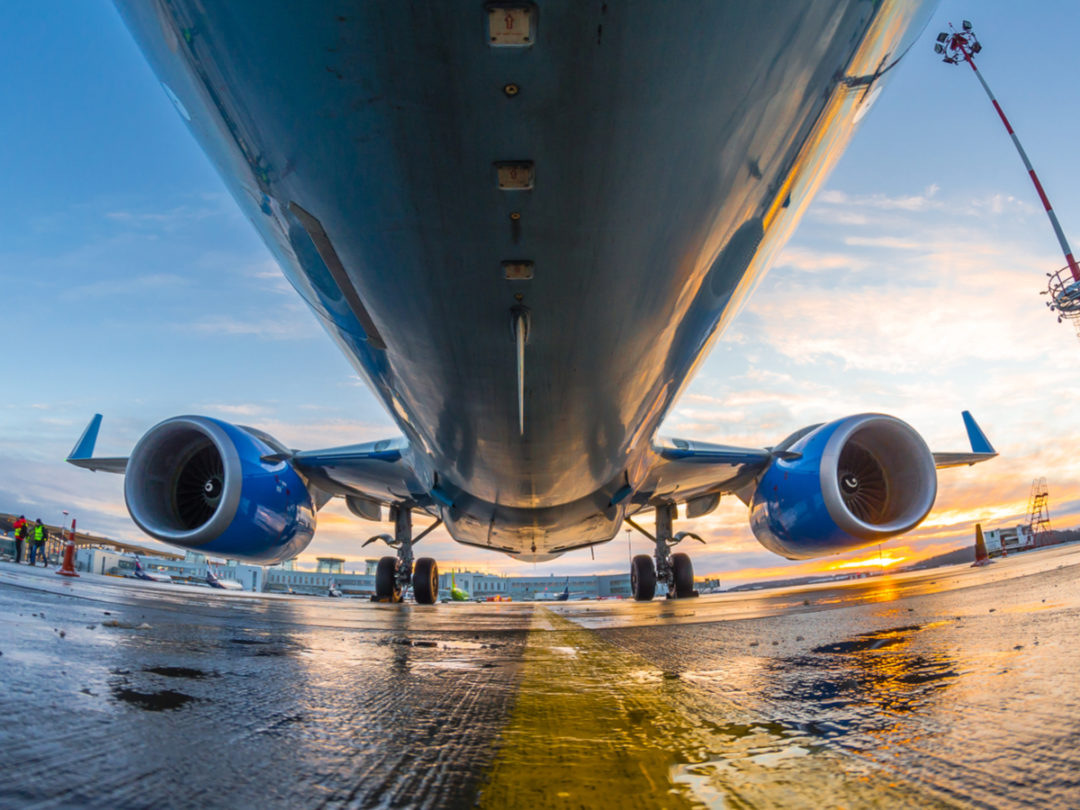
Home » Here's When EU’s Carbon Rules Would Hit Oil Guzzling Industries, Like Shipping
Here's When EU’s Carbon Rules Would Hit Oil Guzzling Industries, Like Shipping

July 19, 2021
The EU’s sweeping proposals to curb greenhouse emissions are likely to upend the continent’s oil demand over the years and decades to come. Here’s a run through the plans — and key timings — for aviation, shipping and makers of road-fuel.
It’s important to remember that the proposals come from the European Commission and still require endorsement from both EU member states — like France and Germany — and the European Parliament to become laws. The whole process usually takes about two years, sometimes longer.
Aviation
The EU is planning to toughen greenhouse-gas emission rules for airlines. While flights within the bloc have already been included in its carbon market since 2012, the European Commission has now proposed phasing out free permits that carriers currently receive to cover their pollution.
- The number of such allowances will be gradually reduced to zero by the end of 2026, according to a proposal to reform the EU Emissions Trading System.
- The EU is hoping that will help cut greenhouse gases by the industry after aviation emissions increased 5% year-on-year between 2013 and 2018. The pollution levels dropped recently because of the pandemic, but they are forecast to grow further in the coming years.
- The EU’s measures also include requirements for airlines to increase the amount of sustainable aviation fuel, or SAF, blended in with kerosene on flights. The EU will mandate a 2% blend from 2025, rising ultimately to 63% by 2050. Currently, SAF amounts to less than 1% of total jet fuel, with cost and lack of supply the biggest hurdles.
- In addition, the EU is going to implement the international offsetting system, known as CORSIA, for flights into and out of the European Economic Area. When emissions from flights outside the EEA reach levels above 2019, they will have to be offset with corresponding carbon credits.
- The Commission wants offsets to be bought by airlines to contribute to emissions reductions in countries that participate in the Paris Agreement and, from 2027, in CORSIA.
Shipping
In 2019, OECD Europe’s oil-derived marine fuel market was 50.6 million tons, according to the International Energy Agency. That’s about 925,000 barrels a day, or, about 1% of global oil demand. As part of its proposals, the EU announced plans to include shipping in its Emissions Trading System, and a FuelEU Maritime initiative that aims to boost uptake of sustainable fuels.
- The ETS proposal would be phased in from 2023. The rules would apply to 100% of emissions for ships sailing to and from EU member states, and 50% of the emissions for ships traveling between the bloc and non-member states.
- The FuelEU Maritime initiative would be phased in from 2025 and ramped up more slowly. It limits the greenhouse gas intensity for energy used on board ships and applies to voyages in the same way as the ETS — 100% of the energy used for intra-EU, 50% for journeys between the bloc and non-member states. The required reductions are against a baseline year of 2020.
Road Fuel
The EU is seeking to establish a new emissions-trading program for heating and road transport fuels. The market, adjacent to the existing EU ETS, will regulate fuel suppliers rather than households or car drivers.
- The system will start to take effect from 2026. To prevent price spikes, the Commission proposed a mechanism that will inject emissions permits into the market from a special reserve if certain cost thresholds are breached.
- Consumers will be purchasing a lot less fuel for new vehicles if the EU succeeds in raising its target for CO2 emissions reduction from cars to 55%, from 37.5%, by the end of the decade.
- Researcher IHS Markit predicts that if the stricter goal is implemented, 55% of vehicles sold in 2030 will be powered entirely by battery. Traditional internal combustion engines will be virtually non-existent by then, with hybrid and plug-in hybrid powertrains making up the rest of the auto market.
RELATED CONTENT
RELATED VIDEOS
Subscribe to our Daily Newsletter!
Timely, incisive articles delivered directly to your inbox.
Popular Stories

2024 Supply Chain Management Resource Guide: There's Only One Way Off a Burning Platform
VIEW THE LATEST ISSUECase Studies
-
Recycled Tagging Fasteners: Small Changes Make a Big Impact
-

Enhancing High-Value Electronics Shipment Security with Tive's Real-Time Tracking
-

Moving Robots Site-to-Site
-
JLL Finds Perfect Warehouse Location, Leading to $15M Grant for Startup
-
Robots Speed Fulfillment to Help Apparel Company Scale for Growth



